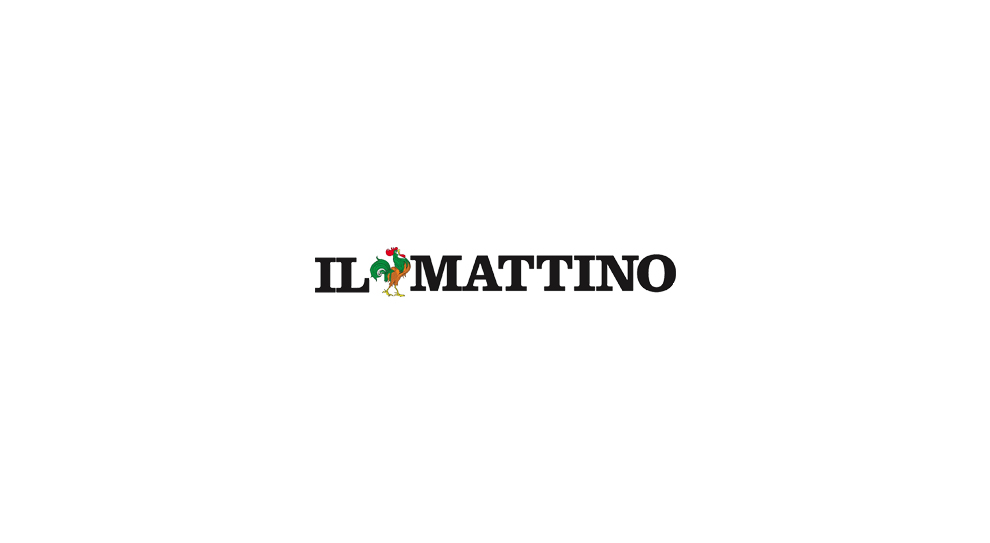Many things have changed in Beijing after rising international tensions and the long Covid years. What stands out surprisingly is the extent to which the number of foreign operators and tourists has declined, while conversations with political experts, academics and economic operators describe a problematic future and focus on the need for changes that do not yet exist. Chinese agenda.
The last quarter data brought temporary relief to these concerns by recording growth close to 5% compared to the same period last year which was, however, a very sad year. This demonstrates how difficult it is to approach the high rates of development that prevailed in China before Covid-19. This is in a country that, despite the astonishing progress achieved over more than forty years of unprecedented development, still ranks below 70th in the world in terms of per capita income level, and thus has the potential to achieve many years of sustainable growth for itself.
However, there are quite a few questions being raised, in the above exchange of views, about whether and how this new phase of development can be achieved. The first and most profound fear relates to youth unemployment, a previously unimaginable problem in China that now affects not only the most humble professions, but also extends to graduates and employees of high-tech companies. It is a problem so serious that since June the government has stopped publishing official figures.
Unemployment, especially in the private sector, has also caused a significant decline in wages which has exacerbated China’s most complex economic problem, namely insufficient internal demand compared to the productive capacity of enterprises. This does not mean that China has lost its traditional strength in foreign markets. Its trade balance is still active, but in the new difficult international context, exports certainly cannot replace the weak domestic market, which is not growing at a sufficient pace.
Added to this is the discomfort felt by many entrepreneurs as a result of a series of government decisions aimed at controlling the process of corruption and excessive concentration of power, leading to a gradual increase in political control over the economy. The case of government intervention against Alibaba and several other companies has raised the question of whether the grip of direct politics on the economy will expand further in the future, in order to change the very nature of the market economy.
All this translates into a collapse in American and European investments that cannot yet be compensated for by large investments from other countries.
So we should not be surprised that financial markets have so far reacted negatively, with widespread and significant declines.
In the face of these radical and completely new changes for modern China, although many countries have already experienced them, the political authorities take note of these concerns, but still react in a very cautious manner, confining themselves to declaring that the international situation is increasingly complex, and that the demand Domestic growth will increase, and it will take some time to consolidate growth. Not an easy task: the large investments of the past in construction are no longer possible because unsold quantities have reached critical proportions and the decline in prices for new buildings seems unstoppable. It is not even possible to think of a new infrastructure investment plan because almost everything has already been done, and public finances are greatly exhausted, especially as a result of the regions’ debts.
Thus, a negative spiral has emerged, at least temporarily, in a country where the level of production development and progress in key new sectors, starting with renewable energy and the electric car, appears exceptional and capable of development. A country with enormous liquidity, which, in the face of uncertainty, is not being spent by families or businesses, and which government policy can only bring back into play by restoring the confidence of businesses and families. We certainly realize that taking into account new realities and adapting policy change to them is not an easy matter, especially in a country of the size and importance of China. What is certain is that in Beijing, also, due to the novelty of the situation and the government’s caution, there is a climate suspended between anxiety and expectation of the new that will depend on some basic decisions in foreign policy and domestic policy.
As for internal policy, there are two priorities. The first is the necessary increase in consumption, with a new youth policy and greater efforts in investments in advanced technology and the environment. The second relates to the need to reduce the level of political control over economic and corporate life, leaving Covid behind.
From a foreign policy perspective, reducing tensions with the United States has become increasingly necessary. Meetings and talks between political representatives of the two countries have already doubled, and are doubling more in recent days, but they have not yet reached the presidential level. Hopefully they will get there soon, because not only do the United States and China need them, we all need them.
Read the full article
In Il Mattino

“Prone to fits of apathy. Introvert. Award-winning internet evangelist. Extreme beer expert.”









